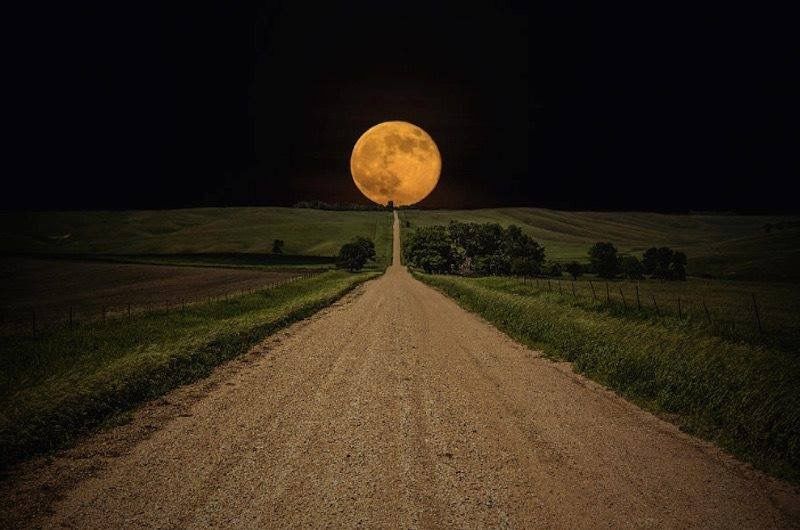Where Did Consciousness Come From? The Mystery at the Heart of Our Existence
Did It Evolve, Was It Created — or Is It the Clue to Where We Really Came From?

Where did consciousness come from?
It’s one of those questions that lives right at the edge of what we can prove — the sort of question that makes scientists, philosophers, and theologians all squirm for different reasons.
We know our bodies evolved over millions of years. Bones, organs, muscles — all slowly shaped by natural selection. That part is mostly settled science. But what about the thing looking out through our eyes, hearing our thoughts, wondering about its own existence?
Where did that come from?
Some scientists argue consciousness must be just another product of evolution — a complex survival tool that helped our ancestors make sense of the world, remember dangers, form social bonds, and imagine the future. From that perspective, your sense of “self” is really just a trick your brain plays to keep you alive. It feels profound, but it’s neurons firing in a pattern that natural selection rewarded.
And yet… if consciousness is only a byproduct of biology, why does it feel so mysterious? We can scan the brain, map its regions, and watch electrical signals light up when we think, but no one has ever located the exact “seat” of consciousness. Science still can’t fully explain how a lump of gray matter generates the vivid movie in our heads — the feeling of me, separate from you, and the sense of something deeper than just chemicals firing off.
This is where people start reaching for spiritual language. If you believe in a soul, then consciousness isn’t just an evolutionary glitch — it’s a spark of something divine, a piece of the universe that didn’t come from random chance but from intention. Many religious traditions frame consciousness as the bridge between our physical bodies and a higher reality. Some see it as proof that we were created, not just assembled molecule by molecule.
Then there’s a middle view — the idea that maybe our consciousness is part of nature, but that nature itself is more mysterious than we think. Some philosophers talk about “panpsychism” — the notion that consciousness might be a fundamental feature of the universe, like gravity or light. In that sense, human consciousness didn’t appear out of nowhere; it emerged as the universe grew more complex and became aware of itself through us.
It’s easy to dismiss these ideas as unanswerable speculation. But maybe the real puzzle is why we care so much. Why do we, alone among animals, spend so much energy asking: Where did I come from? Why do I exist? Where am I going? Maybe consciousness isn’t just an evolutionary bonus — maybe it’s the clue we’ve overlooked.
What if our need to ask big questions is the biggest clue of all? Maybe our consciousness is the bridge that connects two truths: that we are animals with bodies shaped by time and chance, but we are also something more — curious, creative, searching for a sense of meaning that no fossil record or genetic code can fully explain.
In the end, we may never pin down where consciousness came from — whether it evolved like lungs and thumbs, was planted like a spark, or bubbles up from the fabric of reality itself. But maybe the real point is that we’re conscious enough to ask. And if we keep asking, we might inch closer to understanding where we really came from — and, more importantly, where we’re meant to go next.
References
Chalmers, D. J. (1996). The conscious mind: In search of a fundamental theory. Oxford University Press.
Dennett, D. C. (1991). Consciousness explained. Little, Brown.
Goff, P. (2019). Galileo's error: Foundations for a new science of consciousness. Pantheon Books.
Nagel, T. (1974). What is it like to be a bat? The Philosophical Review, 83(4), 435–450. https://doi.org/10.2307/2183914
Penrose, R. (1989). The emperor’s new mind: Concerning computers, minds, and the laws of physics. Oxford University Press.
Plantinga, A. (2000). Warranted Christian belief. Oxford University Press.
Searle, J. R. (1992). The rediscovery of the mind. MIT Press.











